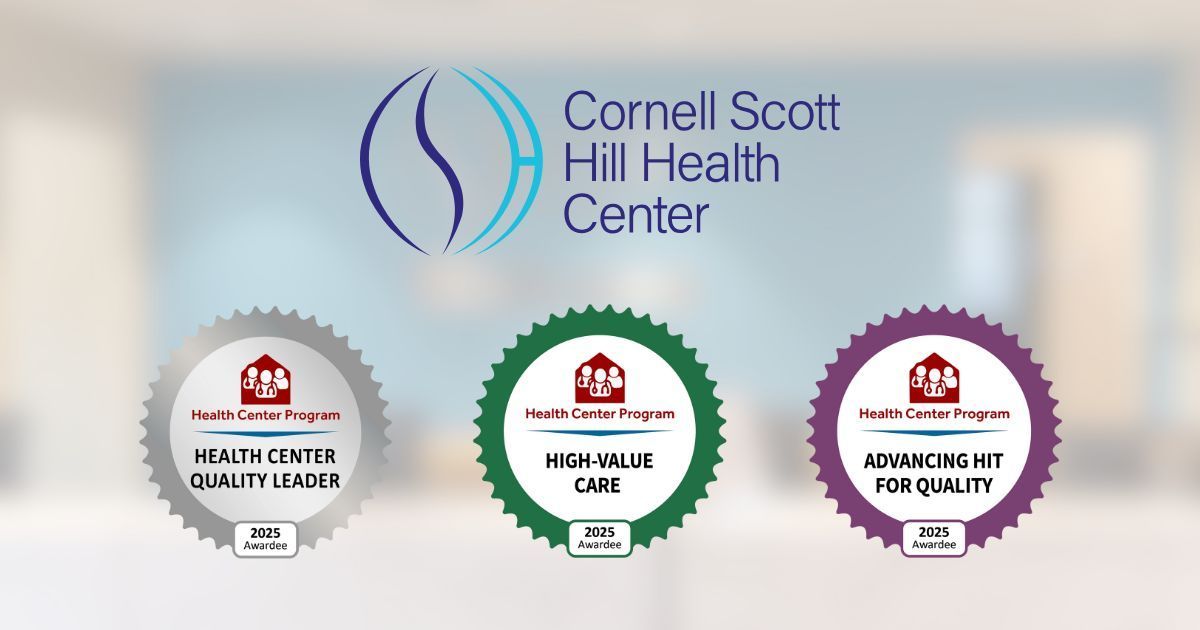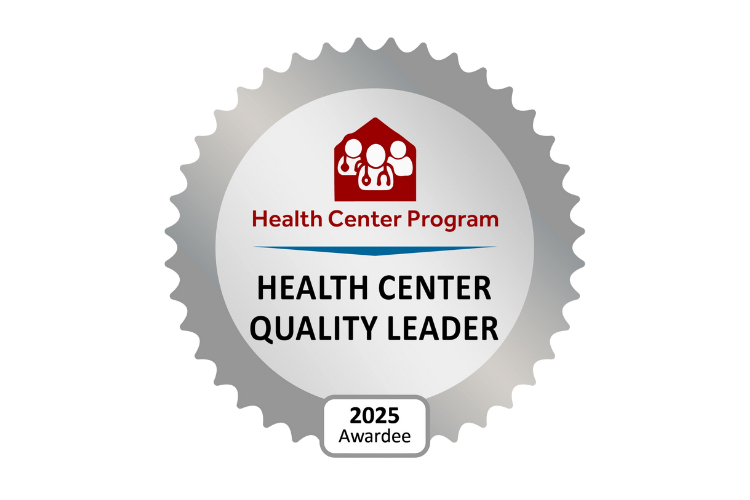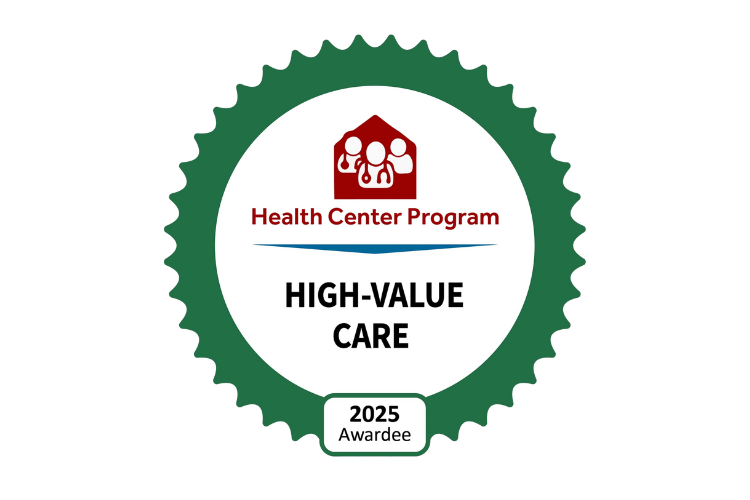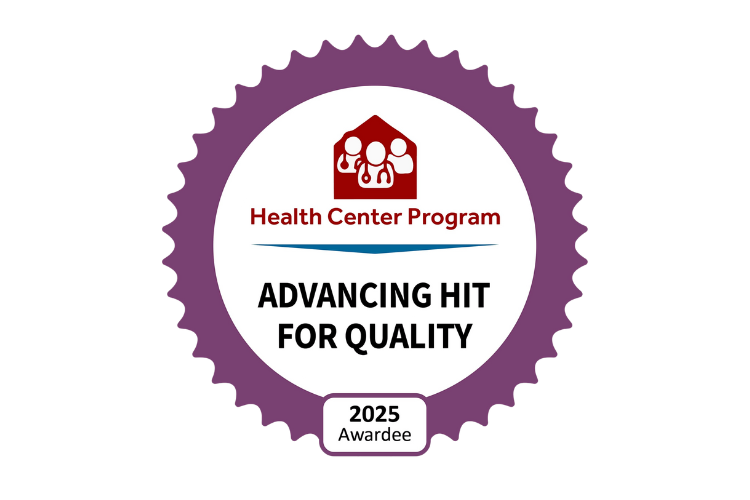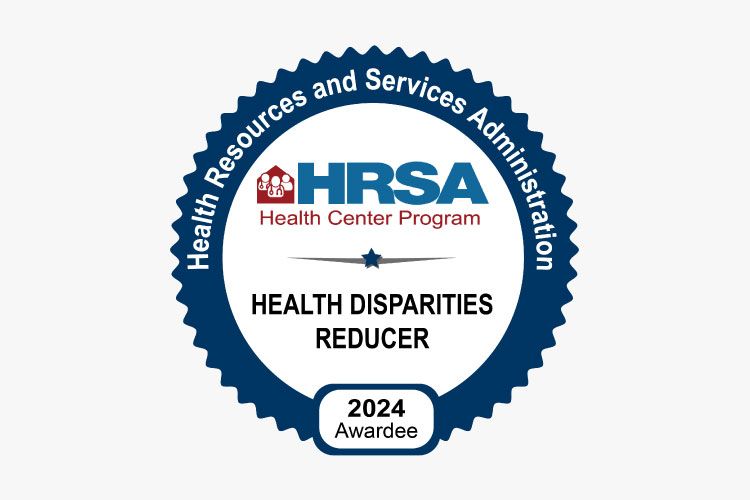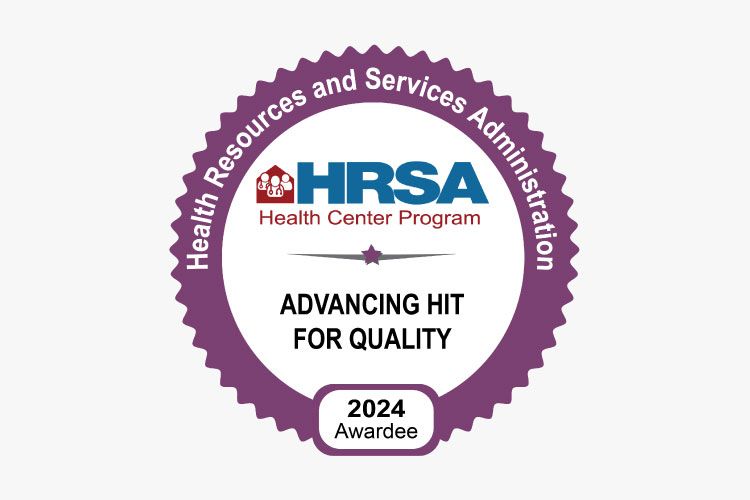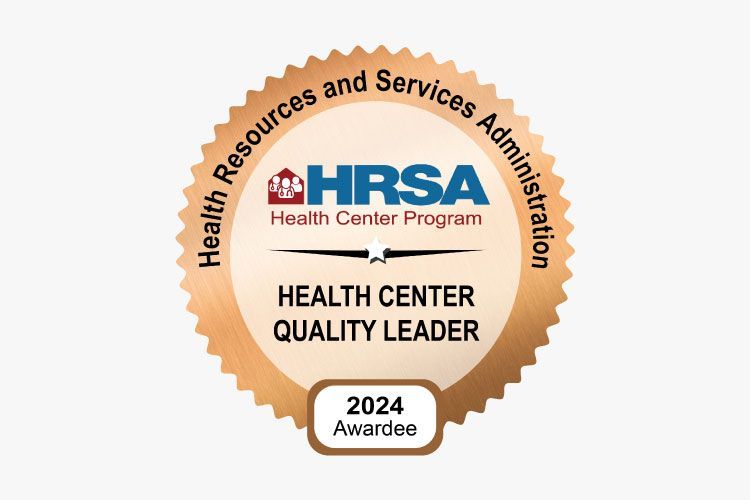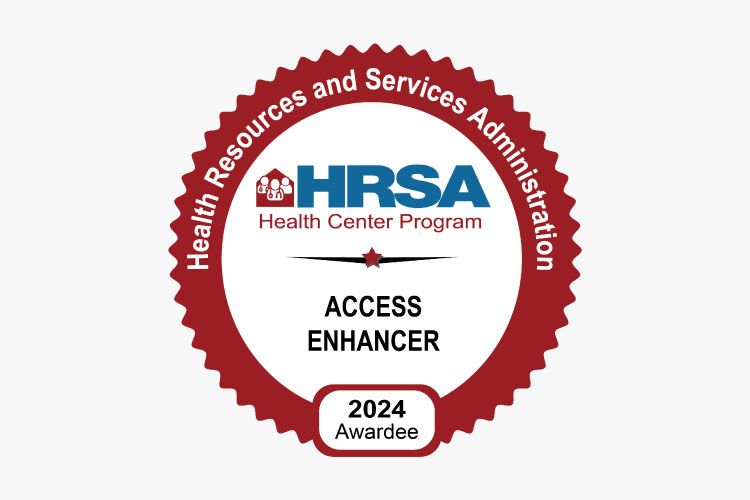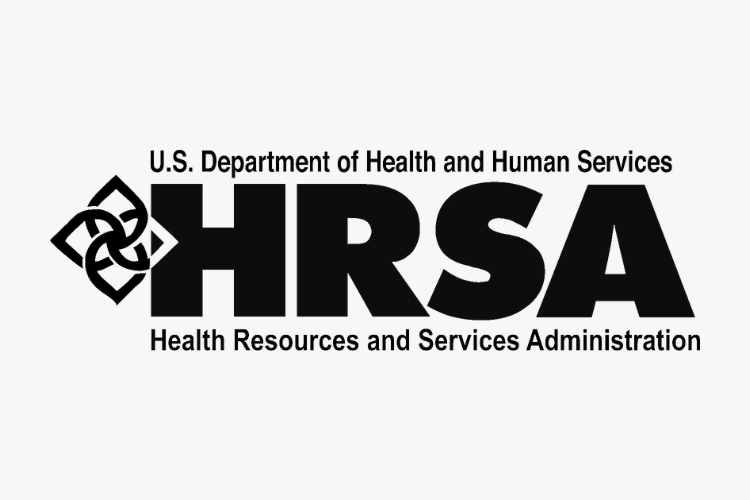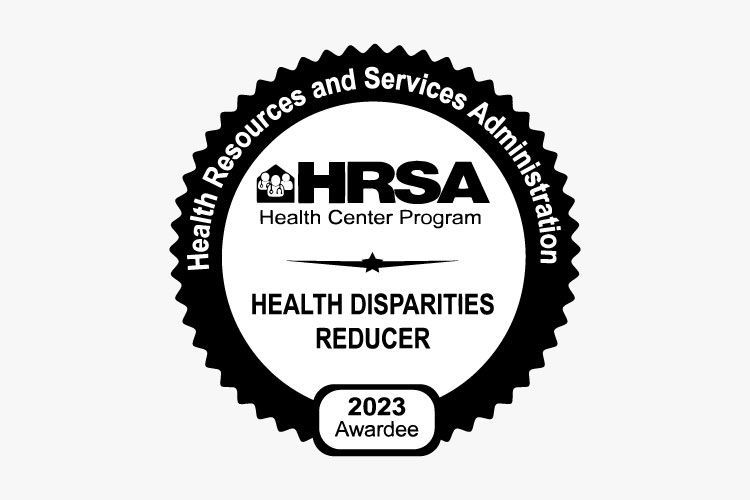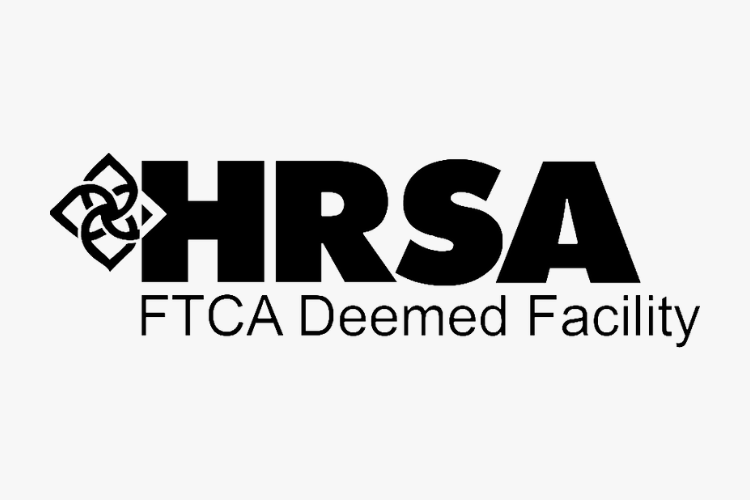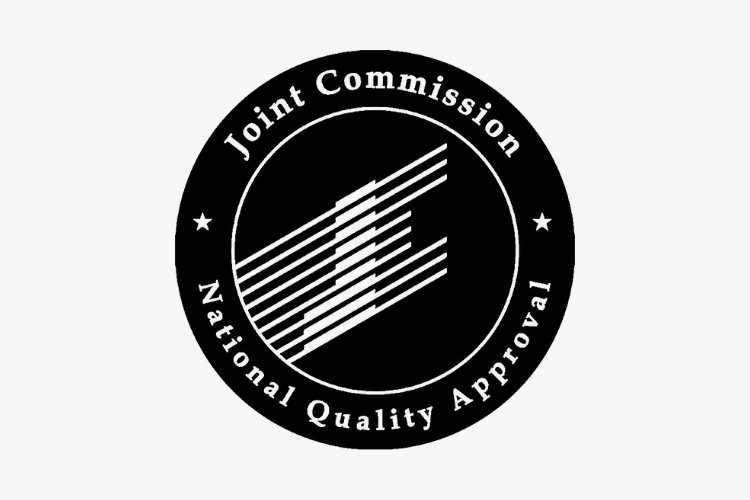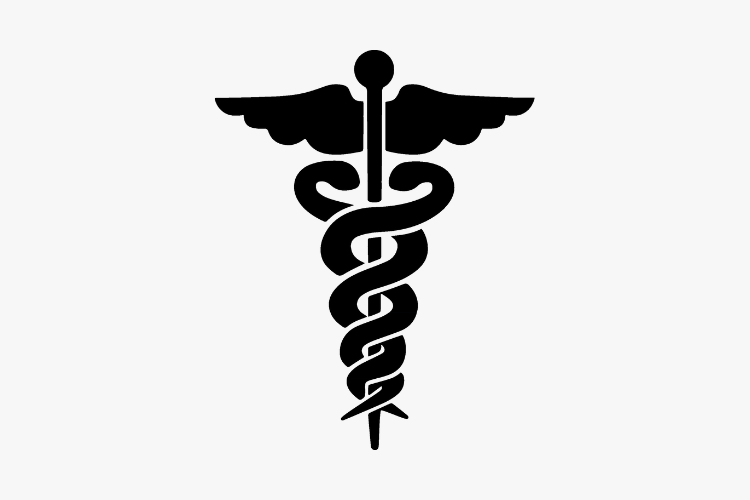New Resource in the Mental Health and Addiction Crisis
New Resource in the Mental Health and Addiction Crisis
By Michael R. Taylor and Dr. Ece Tek
View Op-Ed On New Haven Register >>>
The abrupt closure just weeks ago of a key component in Connecticut’s uphill battle to ensure sufficient resources are in place to respond to the need for timely, effective, quality behavioral health and addiction services was a stark reminder of how critical these services are for our communities.
When Retreat Behavioral Health unexpectedly shut its doors, only days after Cornell Scott-Hill Health Center conducted a ribbon-cutting ceremony on June 11 for the eagerly awaited Recovery & Wellness Center, it was a one-step-forward, one-step-back moment at a time when access needs to be advanced and sustained.
Recent data from multiple sources underscore the extent of the challenge, nationally and locally.
• A study from the Kaiser Family Foundation (KFF) shows that before COVID, one out of every 10 adults in the United States reported symptoms of depression, anxiety and substance use disorders. Post-COVID, that number has skyrocketed to four out of every 10. And there is little doubt the rate is even higher among underserved people.
• A subsequent KFF survey, conducted last year, found nearly two-thirds of adults say that they or a family member have been addicted to alcohol or drugs, experienced homelessness due to addiction, or experienced a drug overdose leading to an emergency room visit, hospitalization or death.
• Recent research, published in the Journal of the American Medical Association, indicates that the number of women ages 40 to 64 seen at a hospital because of alcohol misuse nearly doubled during the pandemic. The rate of heavy drinking days among women ages 35 to 50 increased by an alarming 41 percent.
• DataHaven has reported that tragically hundreds of New Haven residents lost their lives to overdose-related complications in recent years, including 115 just last year. The overdose fatality rate in New Haven a year ago was three times higher than the state average. And in the immediate five-town New Haven region, there were 5,504 accidental, nonfatal overdoses between 2018 and 2022, for an average of1,101 per year.
The Recovery & Wellness Center,10 years in the making and opening this summer, was vitally needed prior to the Retreat Behavioral Health closure. Today it is even more indispensable, and support of its mission more imperative.
Every day, lives are lost and families shattered because of overdoses. Whether it’s opioids, prescription medications, or illicit substances, the epidemic of overdose deaths knows no boundaries. The alarming overdose rate is not merely a health issue; it’s a moral imperative that demands our immediate attention. These numbers represent individuals who struggled with addiction, faced barriers to treatment, and lost their battle with substances. They are parents, siblings, friends, and colleagues whose absence leaves a void in our community.
In the face of adversity, we must find hope. This starts with prioritizing prevention efforts, ensuring access to evidence-based treatment and recovery services, and tackling the underlying factors of addiction, such as mental health challenges. When we free someone from the grip of addiction, when we effectively treat other behavioral health issues and also address their medical challenges — all in a patient-centered and integrated manner — we not only make individuals healthier, we strengthen families and our community.
All of our eyes have been opened to the persistent mental health crisis that was not a result of COVID, but certainly was exacerbated by it. The reverberations continue, and the increasing costs and often limited access for many people can, and does, keep needed care out of reach.
The Recovery & Wellness Center will join the adjacent South Central Rehabilitation Center, which offers important in-patient detox and medication-assisted treatment services, creating a continuum of care campus. This comes at a time when in-patient detox capacity in the region has been abruptly reduced, even as data indicates the frequency of overdoses has increased significantly.
Cornell Scott-Hill Health Center will offer a comprehensive and cohesive range of addiction services alongside medical, dental and mental health support. Through compassionate, innovative, and holistic patient-centered care, we will have established a supportive environment where individuals can heal, thrive, and reclaim their lives from the grip of addiction.
Medical professionals will collaborate closely with behavioral health specialists to develop personalized treatment plans tailored to each patient’s unique circumstances. Addiction can be just the tip of the iceberg. We take aim at the underlying causes — trauma, depression, PTSD.
The new Recovery & Wellness Center reflects the persistence and perseverance not only of providers at Cornell Scott-Hill Health Center but of leaders and supporters throughout our neighborhoods, communities, city, region and state. Cornell-Scott Hill Health Center has, in recent years, seen patients from 143 of Connecticut’s 169 towns and cities.
The Recovery & Wellness Center will stand as a beacon of hope and healing, reflecting the acute need for these comprehensive, essential services and our shared commitment to provide the level of care that every individual — every individual — deserves.
Michael R. Taylor is chief executive officer and Dr. Ece Tek is chief medical officer of Behavioral Health and Addiction Services at Cornell Scott-Hill Health Center, Connecticut’s first community health center, founded in 1968, and now among the top 3% in the nation. More than 55,000 patients are seen each year by Cornell Scott-Hill Health Center’s 700 staff in 35 locations across the region.


